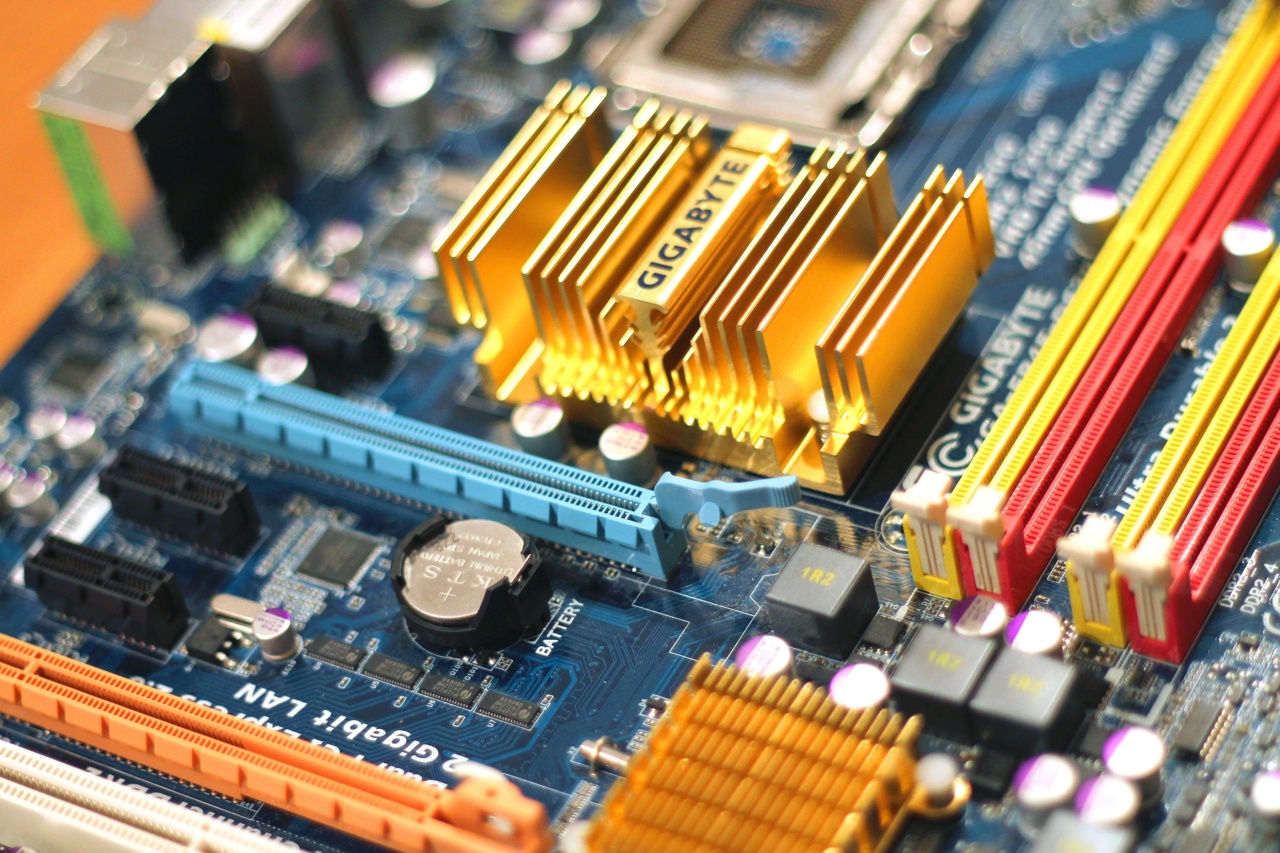Memory is a crucial component of human cognition that allows us to retain and recall information and experiences.
Whether it’s learning a new skill, remembering a past event, or recalling important facts and figures, memory plays a vital role in our daily lives. However, memory is not a static function; it can be improved and enhanced through various techniques and strategies.
In recent years, scientists have uncovered a fascinating connection between gymnastics and memory improvement, particularly when it comes to the timeframe in which we engage in these exercises.
The Gymnastics-Memory Link
Gymnastics has long been recognized as a sport that requires high levels of physical fitness, coordination, and flexibility. Athletes who practice gymnastics regularly experience improvements in their physical abilities.
However, recent studies have shown that gymnastics also has a significant impact on cognitive functions, including memory.
In a study published in the Journal of Sport and Exercise Psychology, researchers found that gymnastics training positively influenced cognitive performance, specifically memory tasks.
The study participants who engaged in gymnastics exercises for a certain timeframe showed enhanced memory retention and recall abilities compared to the control group that did not engage in any physical activities. These findings suggest that gymnastics can play a crucial role in improving memory function.
The Role of Physical Exercise in Memory Improvement
The connection between physical exercise and memory improvement has been widely studied and documented. Engaging in regular physical activity has been proven to have numerous cognitive benefits, including enhanced memory and learning abilities.
When we exercise, our heart rate increases, leading to better blood flow and oxygen supply to our brains. This increased blood flow stimulates the release of various growth factors and chemicals that promote the formation of new neural connections and protect existing ones.
In addition to the general cognitive benefits of exercise, gymnastics offers unique advantages due to its specific movements and routines.
Gymnastics combines strength, balance, coordination, and flexibility, all of which require intense focus and concentration. These factors contribute to the activation of different brain regions associated with memory, such as the hippocampus and prefrontal cortex.
The Impact of Timeframe on Memory Improvement
While gymnastics has been shown to improve memory, the timeframe in which these exercises are performed appears to be an essential factor.
Researchers have explored the concept of “memory consolidation,” which refers to the stabilization and strengthening of memory traces in the brain over time. The process of memory consolidation is crucial for transferring information from short-term memory to long-term memory storage, ensuring its accessibility over an extended period.
A study conducted by scientists at the University of Copenhagen demonstrated that engaging in gymnastics exercises immediately after learning new information significantly improved memory retention.
They found that participants who performed gymnastics exercises within a timeframe of 4 hours after learning had significantly better memory recall compared to those who engaged in gymnastics outside of this timeframe.
The researchers suggested that performing gymnastics exercises within this specific timeframe activates specific molecular and cellular processes that enhance memory consolidation.
This timeframe seems to be a critical window where the brain is more receptive to the positive effects of gymnastics on memory function.
Optimizing Memory Improvement through Gymnastics
If you’re interested in harnessing the benefits of gymnastics to enhance your memory, here are some key recommendations:.
1. Timing is crucial:
Try to engage in gymnastics exercises within a timeframe of 4 hours after learning new information. This period seems to be optimal for memory consolidation and retention.
2. Incorporate gymnastics into your routine:
Make gymnastics exercises a regular part of your fitness regimen. Engage in activities such as tumbling, balance beam routines, or floor exercises to reap the cognitive benefits associated with gymnastics.
3. Combine physical and mental exercises:
Pair gymnastics exercises with memory-related tasks to strengthen the connection between physical movements and memory. For example, try practicing a routine while memorizing a list of items or reciting key facts.
4. Stay consistent:
To optimize memory improvement, maintain a consistent gymnastics practice schedule. Consistency is key to improving cognitive functions, including memory.
5. Seek guidance from a professional:
If you are new to gymnastics, it is advisable to seek guidance from a professional coach or trainer. They can provide proper instruction and help you design a gymnastics routine that aligns with your cognitive goals.
The Power of Gymnastics for Memory Enhancement
Gymnastics is not only a sport that promotes physical fitness and agility but also a powerful tool for memory enhancement.
The combination of physical exercise, concentration, and specific movements involved in gymnastics positively impacts memory function, allowing for better retention and recall of information. By understanding and utilizing the optimal timeframe for gymnastics exercises, individuals can maximize the cognitive benefits and ultimately improve their memory abilities.
Conclusion
Memory improvement is a subject of great interest, as cognition plays a vital role in our daily lives. Gymnastics has emerged as a promising avenue for enhancing memory function, with studies highlighting its positive impact on cognitive abilities.
By incorporating gymnastics exercises into our routines and understanding the optimal timeframe for engagement, we can tap into the full potential of this sport to improve our memory abilities. As ongoing research continues to unravel the intricate connection between physical exercise, cognitive function, and memory improvement, gymnastics remains a fascinating field for further exploration.






























